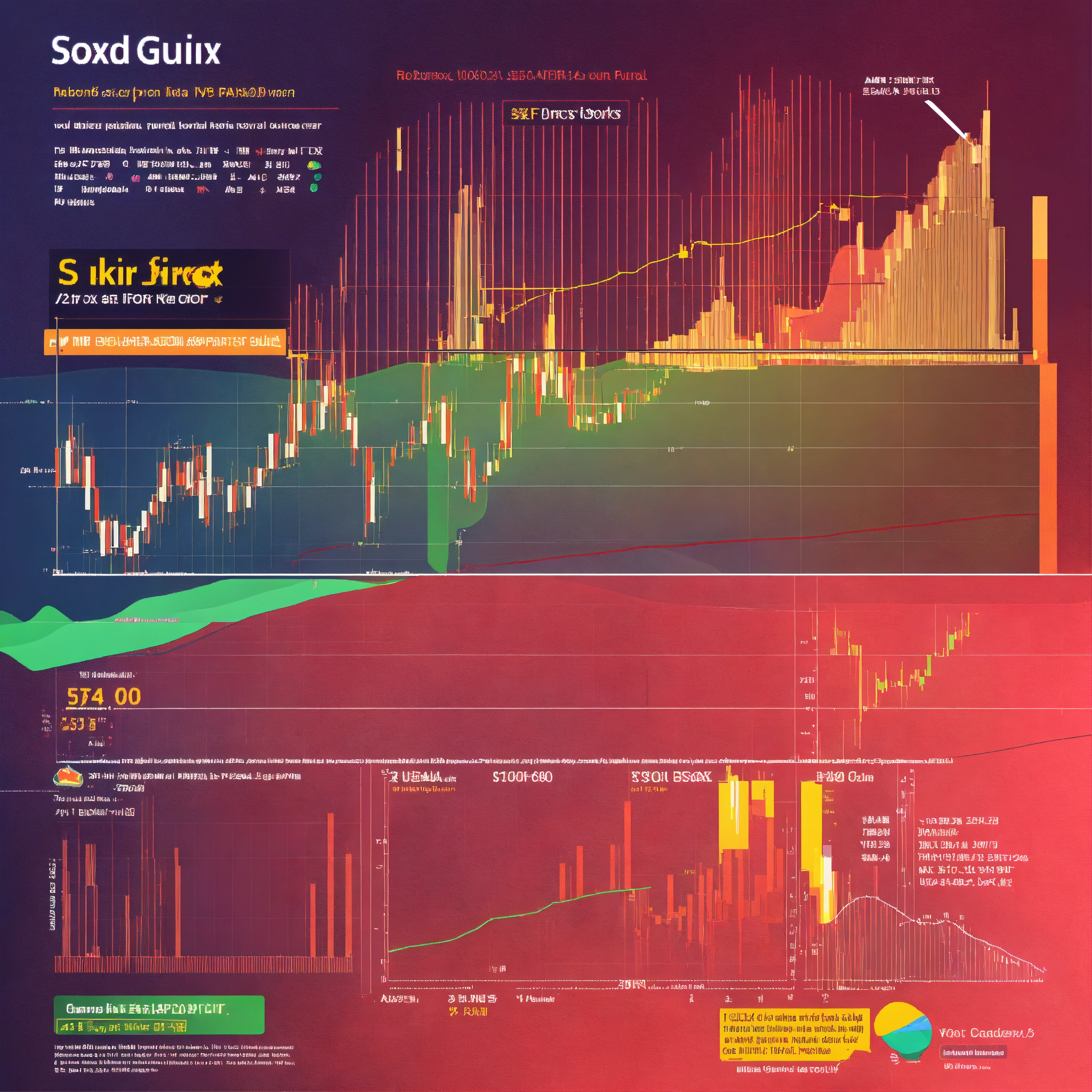Warren Buffett, the “Oracle of Omaha,” is not just a master investor; he’s also a master at managing cash. While most people think of cash as boring or a missed opportunity for higher returns, Buffett sees it as a vital tool for seizing big opportunities. His philosophy on cash management is simple yet profound: having cash on hand is the ultimate enabler for taking bold action when the time is right.
Let’s dive into how Buffett manages cash and how you can apply his principles to maximize your own investment opportunities.
1. Cash Is Not a Liability, It’s an Opportunity
Many investors fear holding cash because it doesn’t earn much return on its own, especially during times of low interest rates. Buffett takes the opposite view. He sees cash as optionality—the freedom to act swiftly when opportunities arise.
At Berkshire Hathaway, Buffett always ensures there’s a significant cash reserve. He doesn’t let FOMO (fear of missing out) push him into deploying all his money into investments. This patience has allowed him to make legendary moves, like buying billions in stocks during market downturns or acquiring entire companies at discounted prices.
For individual investors, the takeaway is clear: don’t underestimate the value of liquidity. Having cash ready to deploy gives you the flexibility to invest when the market presents bargains.
2. Always Have a Safety Net
Buffett often says, “We never want to count on the kindness of strangers to meet tomorrow’s obligations.” This means he always keeps enough cash to cover Berkshire Hathaway’s operational needs, even during tough times.
For businesses, this translates to maintaining a cash buffer for fixed expenses, like payroll or rent. For individuals, it’s about building an emergency fund—typically 3-6 months of living expenses. This safety net ensures you’re not forced to sell investments at the wrong time or take on debt to meet short-term obligations.
3. Cash Allows You to Be Fearless When Others Are Fearful
Buffett’s most famous quote, “Be fearful when others are greedy, and greedy when others are fearful,” perfectly encapsulates his approach to cash management. During market crashes or economic downturns, many investors are forced to sell assets in a panic because they lack liquidity.
Buffett, on the other hand, views downturns as prime buying opportunities. Thanks to his disciplined cash management, he has the liquidity to step in and buy quality assets at a discount.
For you, this could mean having cash ready to invest during a stock market correction or a real estate dip. While everyone else is worrying about losses, you’ll be in a position to capitalize on the chaos.
4. Focus on Quality Over Quantity
Another key aspect of Buffett’s cash philosophy is his focus on quality investments. He doesn’t use his cash reserves to buy just anything that looks cheap. Instead, he waits for high-quality companies—those with strong competitive advantages, excellent management, and consistent profitability—to go on sale.
This patience is critical. It’s better to wait and invest in one great opportunity than to scatter your cash across mediocre ones. So, when deploying cash, make sure you’ve done your homework and are putting it into assets that align with your long-term goals.
5. Be Prepared, Not Predictive
Buffett doesn’t try to predict when the next market downturn or opportunity will come. Instead, he focuses on being prepared. By always having cash reserves, he ensures that when the market presents an opportunity, he’s ready to act.
For individual investors, this means staying disciplined with your savings and resisting the urge to be fully invested at all times. You don’t need to know when the next big buying opportunity will come—you just need to be ready when it does.
6. Patience Is a Superpower
Buffett’s cash management philosophy revolves around patience. He’s content to let cash sit idle while waiting for the right opportunities. This discipline allows him to avoid chasing short-term gains and focus on long-term wealth creation.
For example, during the 2008 financial crisis, Buffett had billions in cash on hand. He used it to make strategic investments in companies like Goldman Sachs and General Electric, earning massive returns over the following years.
Patience isn’t easy—it can feel frustrating to see your cash sitting there while others are chasing quick wins. But Buffett’s success is proof that patience pays off, often in a big way.
7. Diversify Cash Management Across Goals
Buffett doesn’t just use cash for investments; he also keeps reserves for business operations and risk management. Similarly, your cash should be divided based on your goals:
- Emergency fund: To cover unexpected expenses.
- Opportunity fund: For investing in market dips or other opportunities.
- Planned expenses: For big-ticket items, like a home or car purchase.
By organizing your cash reserves in this way, you can ensure you’re always prepared for both life’s surprises and investment opportunities.
Final Thoughts
Warren Buffett’s approach to cash management is a masterclass in discipline, preparation, and long-term thinking. He understands that cash isn’t just about safety—it’s about freedom. The freedom to act when opportunities knock, to weather financial storms, and to take bold moves that others can’t.
For individual investors, the lesson is clear: don’t fear holding cash. Build reserves, stay patient, and wait for the right moment to deploy it. With Buffett’s philosophy as your guide, you’ll be well-positioned to maximize investment opportunities and grow your wealth over time.
So, the next time someone tells you that cash is a waste, channel your inner Buffett and remember: sometimes, holding cash is the smartest move you can make.








0 Comments